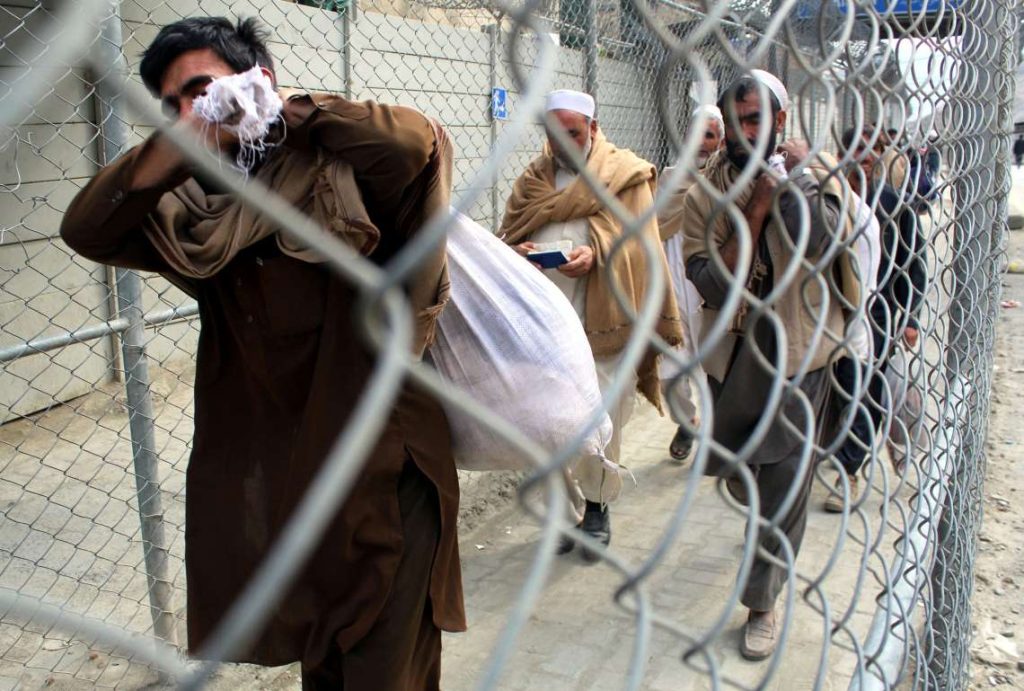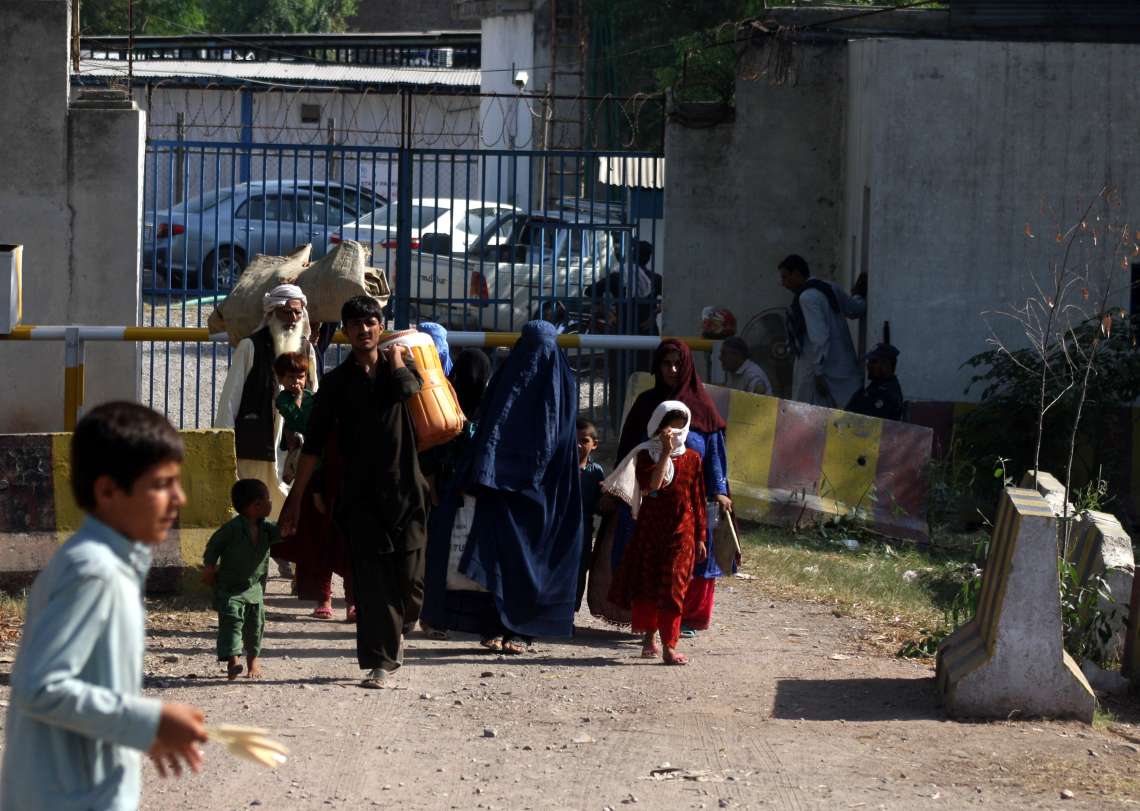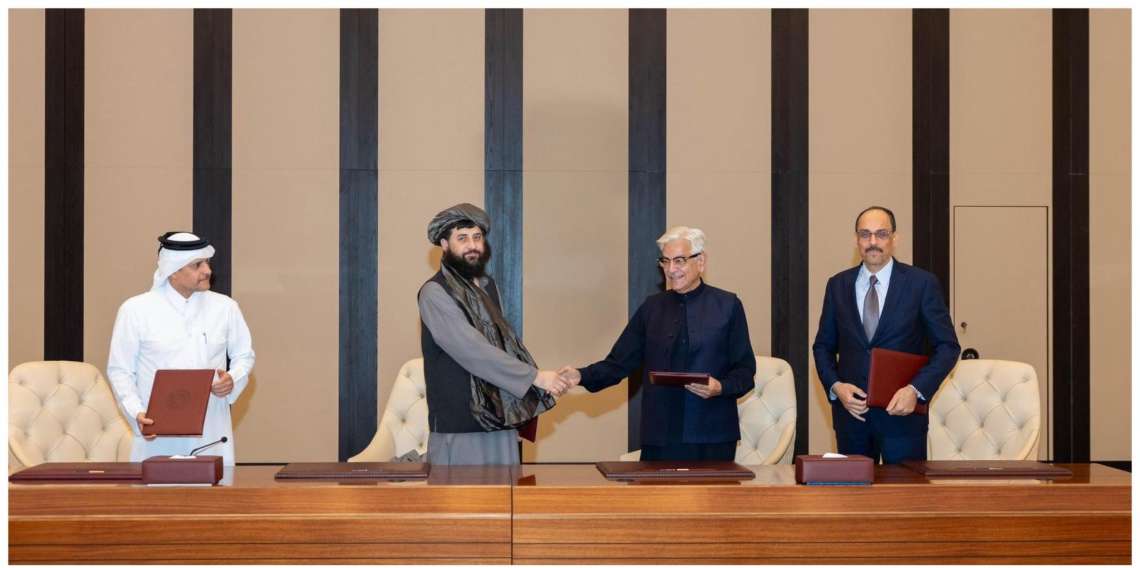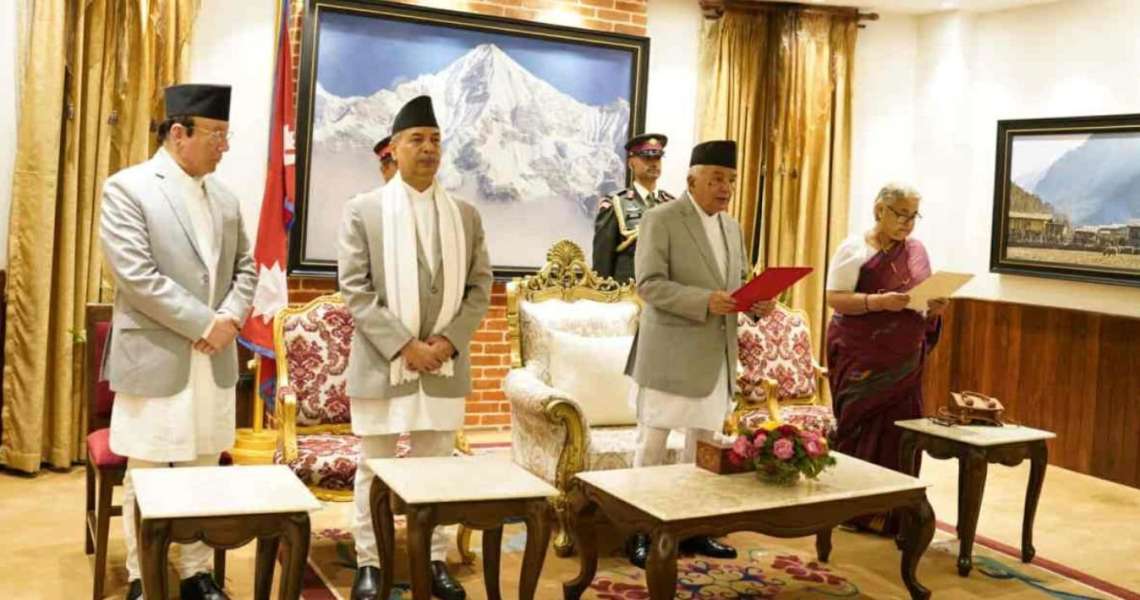International aid agencies have also raised alarms, warning that the mass return of Afghan refugees could destabilise the country further and exacerbate poverty and displacement….reports Asian Lite News
The UN Refugee Agency (UNHCR) has warned that Pakistan’s ongoing mass deportations of Afghan nationals could deepen Afghanistan’s humanitarian crisis unless urgent international support is mobilised, according to Khamaa Press.
Speaking at a briefing in Geneva on September 12, UNHCR’s representative for Afghanistan, Arafat Jamal, urged Islamabad to suspend expulsions of vulnerable Afghans, stressing that many among them are asylum seekers in need of international protection. He said the agency stands ready to work with Pakistani authorities to identify and safeguard high-risk groups who should not be returned.
Jamal highlighted the sheer scale of the current returns, noting that nearly 100,000 Afghans crossed back from Pakistan during just the first week of September, based on UN figures. This sudden influx is placing enormous strain on Afghanistan’s already fragile economy, where weak healthcare systems, scarce food supplies and limited shelter capacity are ill-equipped to absorb such large numbers of people.
International aid agencies have also raised alarms, warning that the mass return of Afghan refugees could destabilise the country further and exacerbate poverty and displacement. Jamal stressed that without immediate international support, the situation could spiral into a much deeper humanitarian emergency.

He said the UNHCR has updated its regional funding appeal and is seeking $258.6 million to meet urgent needs inside Afghanistan and along its borders. Without fresh funding, he cautioned, the agency may be forced to scale back or even halt life-saving assistance for Afghan families returning from abroad.
The crisis has been further complicated by the Taliban’s continued ban on women working in UN offices in Afghanistan — a restriction that has crippled humanitarian operations. Jamal explained that this policy forced the UNHCR to suspend its cash assistance programmes for returnees, describing the halt as an “operational necessity” because aid services cannot function effectively without female staff.
According to UN estimates, more than 2.6 million Afghan migrants have been deported from neighbouring countries since the start of 2025, underscoring the massive scale of forced displacement. The figure also reflects the growing pressure on Pakistan to balance its domestic political and economic concerns with its international human rights obligations.
Jamal warned that unless there is coordinated regional and global action, both Pakistan and Afghanistan could slide into far deeper humanitarian turmoil. He called on the international community to urgently step up support to avert a worsening crisis.














